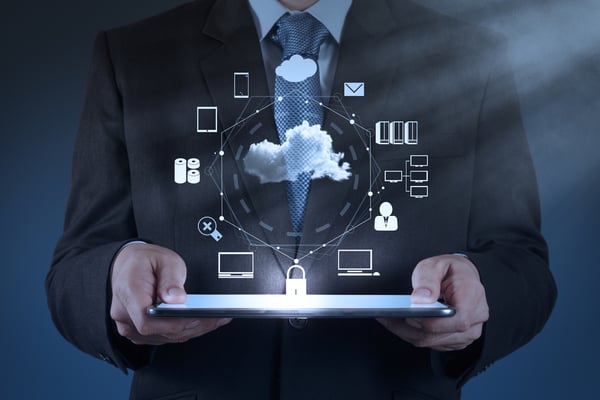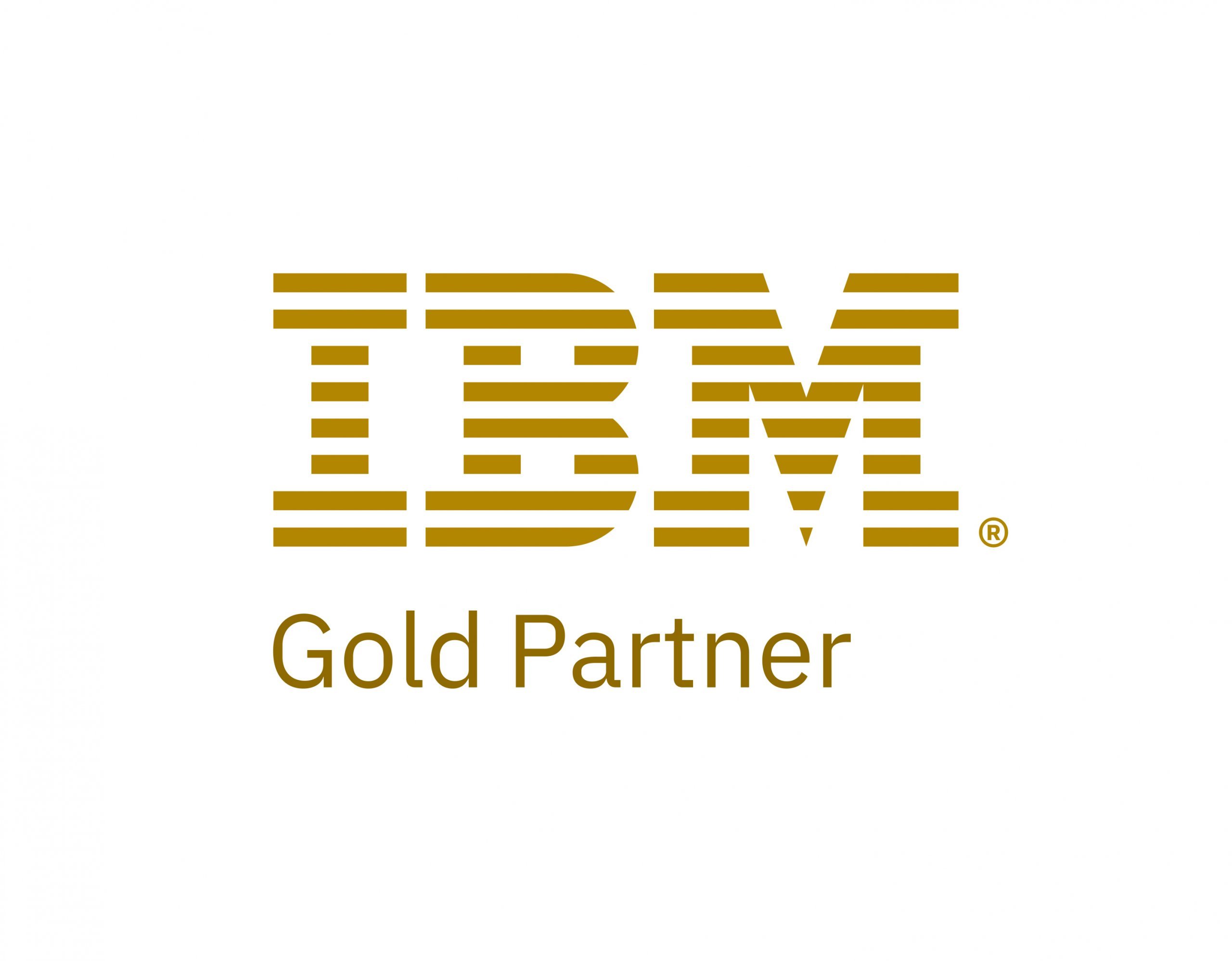The Benefits of a Modern ERP in Time of Crisis (5/7)
Serie: Covid-19, what happens next? How to prepare your business in 7 steps | Episode 5 / 7
Since the end of December, the Coronavirus has spread across the world, hitting the global economy and affecting several other sectors at the same time. This event impacted all areas of the economy by causing major disruptions in supply chains, soaring transaction volumes in eCommerce and stagnation or decline in other distribution channels.
This has created a pressing need for real-time data to enable optimal decision making in the face of a totally disrupted environment and posing challenges in productivity for employees working remotely.
 It goes without saying that confinement, restrictions on movement, and specifically border closures have severely shaken supply chains. Geographical areas were quickly isolated, industries that sourced their supplies mainly from Asia were suspended resulting in shortages of stock and empty shelves.
It goes without saying that confinement, restrictions on movement, and specifically border closures have severely shaken supply chains. Geographical areas were quickly isolated, industries that sourced their supplies mainly from Asia were suspended resulting in shortages of stock and empty shelves.
Companies were suddenly under pressure to put continuity plans in place and make difficult decisions; to part with labour and product lines. Strategic choices that used to require a lot of thought, needed to be made in a few days and at times hours. The pressure on companies didn't stop there, immediately having to prepare for the next day and foresee the days to come.
What we Learned About our IT Solutions During the Covid-19 Crisis
Unfortunately, it is often in a crisis that problems emerge, or at least become more apparent, if not more embarrassing. These problems are, in many cases, related to computer systems. Either because these systems are old or obsolete, or because they do not adapt well to rapidly changing situations.
The current crisis has illustrated an important point: the importance of being able to adapt quickly to increasingly rapid and profound changes. Today, companies must be able to adjust quickly to change, and it is those who adjust the fastest, that will survive. But what exactly is adaptation? It's being able to make changes in the way they do things to respond adequately to forced or unforeseen circumstances.
In addition to developing this agility, companies must also seek to automate/simplify their processes. It is often easy to change a process, where it becomes difficult is when it is time to alter information systems.
This problem is more glaring for companies that have an old ERP system (often highly customized and not adaptable to the new and current realities) or companies that do not have an ERP system and are juggling a multitude of independent systems and technologies. These systems are often "homemade", they don't talk to each other, and they require multiple entries. For these businesses, change is much more difficult (and in some cases impossible) to implement. In many cases, companies depend on scarce technical resources to make these systems evolve.
The Benefits of a Modern ERP
Having a modern ERP that adjusts to the realities of the market is certainly an important expense as well as an essential strategic investment to ensure the sustainability of a company. An ERP allows you to solve a number of recurring problems such as:
- Having information in several systems - difficulty in identifying the right source of information;
- The difficulty of accessing quality information quickly;
- The difficulty of implementing process changes in information systems;
- The difficulty of having to maintain multiple bridges or interfaces between multiple systems;
- The challenge of keeping knowledge of multiple systems and technologies up to date;
- And finally, the difficulty of sticking to best business practices.
Implementing a more modern ERP does not systematically solve all these problems. But in the vast majority of cases, it does reduce these problems and, above all, improve the company’s ability to make the right decisions.
 An ERP is a bit like the heart of a company and not having such a system, or having a poorly adapted one, is a risk you can’t ignore. It’s also important to know how to measure this risk. In a stable or consistent situation, this risk may be accepted or tolerable... but after the recent crises, many companies will have to think in depth about the ability to get through these situations with their current systems.
An ERP is a bit like the heart of a company and not having such a system, or having a poorly adapted one, is a risk you can’t ignore. It’s also important to know how to measure this risk. In a stable or consistent situation, this risk may be accepted or tolerable... but after the recent crises, many companies will have to think in depth about the ability to get through these situations with their current systems.
Today's modern ERPs look less and less like the ERPs of the 90s. These software programs were not easily accessible for the majority of companies and promised to put an end to inefficiency, waste and poorly optimized processes. Today’s systems are capable of so much more according the Gartner Firm in the following article Enterprise Business Capability.
The New Technologies of Modern ERP
A single, integrated database and a higher capacity for users to focus on high value activities such asdata analysis and informed decision-making, modern ERP also adjusts with the rise in new technologies and new management approaches.
Artificial Intelligence (AI), for example, is now taking an important place in ERPs. Technologies such as machine learning and predictive data analysis will strongly develop in a future where the market has to react to new economic realities and uncertainties such as financial, ecological and public health crises.
Another interesting technology for ERPs is the Internet of Things (IoT), which allows objects (cars, machines, warehouses, etc.) to send and receive data without interaction. These IOT sensors are additional data sources that feed the ERP and allow a wide range of analyses, making ERPs the ultimate tool for strategic decision-making.
In Conclusion
Modern ERP enables industries to constantly reinvent themselves by embracing an increasingly demanding and volatile market, constantly deciphering its needs and anticipating many variations. Having a modern ERP means ensuring the sustainability of your company.
Also read
Discover the topic: Covid-19, what happens next?





